Because we care
At Noah’s Ark Veterinary Services in Medowie, we have the facilities to provide various surgical procedures. From cancer surgery and dental treatments to desexing and orthopaedics, we offer it all. Rest assured, our compassionate vets will put the welfare of your pets first—striving at all times to minimise discomfort. We’ll also be happy to answer any questions you have about surgery upfront.
Contact Noah’s Ark Veterinary Services today to enquire about our Port Stephens pet surgery. You can reach us on (02) 4982 9899. We also provide general pet healthcare, animal rehabilitation, wellness checks and other veterinary services.
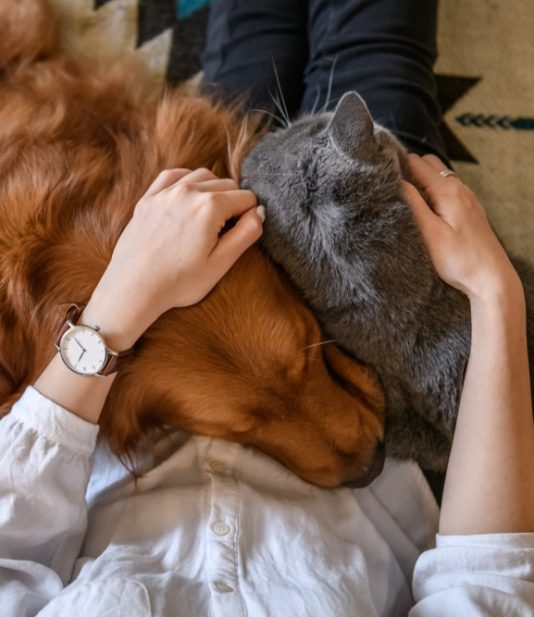
It is important to ensure that your pet has adequately fasted before any sedation or anaesthetic. The night before your pet’s surgical procedure, your pet cannot have any food after 8pm and cannot have any breakfast in the morning. You can leave water down for your pets overnight, but it must be removed in the morning.
The morning of your pet’s surgical procedure, your pet will have an admittance appointment with one of our surgical nurses.
After your pet has been fully admitted into the hospital, their surgical nurse will perform a full pre-anaesthetic examination. As part of this examination, the surgical nurse will place an intravenous catheter and collect pre-anaesthetic bloods from your pet.
We perform a blood test prior to all of our anaesthetics. These tests will provide information regarding your pet’s organ function at the time of surgery. This will help us to determine if there is any additional risks for your pet with the anaesthetic and allow our veterinarians to select the most appropriate anaesthetic for your pet. Our surgical team will let you know the results for these blood tests before we proceed with your pet’s surgery and determine if there is any additional risks for your pet.
All of our patients that are undergoing an anaesthetic receive intravenous fluids throughout this procedure. This is essential to help maintain your pet’s blood pressure throughout the procedure and assist in flushing the anaesthetic drugs out of your pet’s system after the procedure.
Pain in our pets can be debilitating and will slow the healing process. Due to this, adequate pain management after our surgical procedures is essential. All of our surgical patients will receive pain relief after their surgical procedures. These pain management protocols will be determined by our surgical team depending on the procedure performed and the specific requirement for your pet.
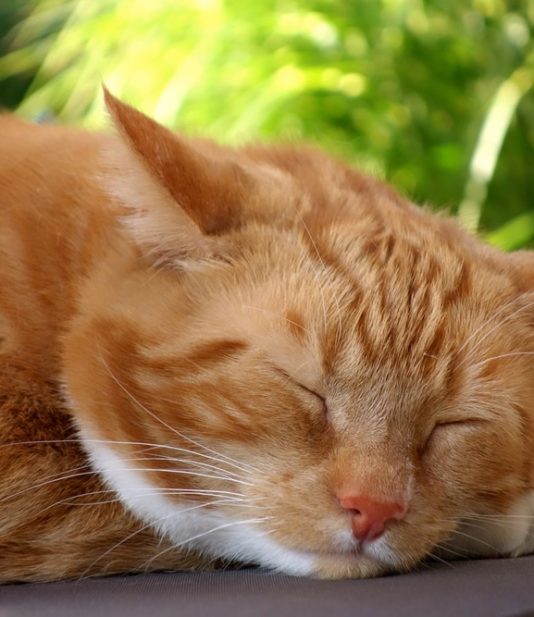
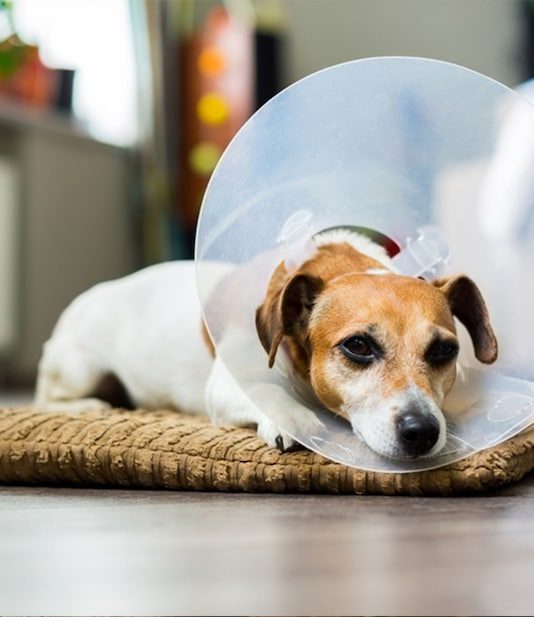
Once your pet has finished their surgical procedure and is in recovery, one of our surgical nurses will contact you. Most of our procedures only require a day stay and a pickup time will be arranged in the afternoon. For our more major surgical procedures, our patients need to stay at our hospital overnight to ensure that they can receive complete pain management before they are sent home.
Surgical procedures require a general anaesthetic which requires 24-48 hours to be fully metabolised in the body. Due to this, your pet may appear quieter and more subdued than normal—especially the first night after surgery.
Surgical wounds in our pets need to be kept clean and dry over the next 10 to 14 days. During this healing process, you cannot bath your pet or allow them to go swimming. It is important to also check the wound at home for any swelling, discharge, heat or pain. If you have any concerns, please contact the clinic for advice.
To prevent your pet from being able to lick or chew at the surgical site, they will be fitted with an Elizabethan collar after surgery. This collar should stay in place, especially when they are not supervised. Most pets will learn how to eat, sleep and play with the collar in place after a couple of days. An Elizabethan collar will reduce the risk of your pet introducing infection into the surgical site or causing self-injury that requires further intervention.
What We Offer
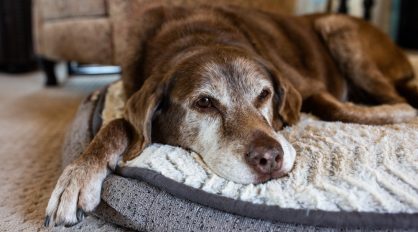
We understand how heartbreaking a cancer diagnosis can be. We can help remove and/or treat various types of cancers, including tumours of skin, spleen, anal glands, mammary glands
and so much more. In addition to surgery, we may be able to provide alternative therapies. Contact our Medowie pet cancer surgeons to discuss matters further.
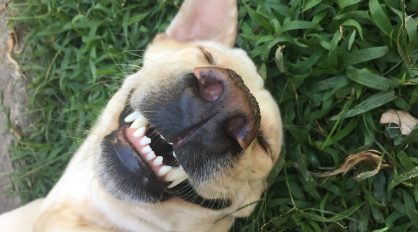
Dental disease is one of the most common medical conditions affecting our pets. Alarmingly, 80% of dogs and 70% of cats will suffer from some form of dental disease by the age of three.
Very few animals show any obvious clinical signs, even with severe dental disease present. The most common clinical signs of dental disease that you may notice at home include red gums, bad breath and the occasional loosening of teeth.
Dental disease can also be a source of infection for the rest of the body and serious illness in your pet’s kidney’s, liver and heart. Ultimately, dental disease will result in many pets unnecessarily suffering tooth loss, gum infection and pain. It also has the potential to shorten your pet’s lifespan.
How does dental disease develop?
The mouth is home to a variety of different types of bacteria which cause a film on a tooth’s surface called plaque. If this plaque is not removed and allowed to remain it thickens and mineralises, causing tartar. Without intervention, tartar will continue to build up and cause progressive irreversible disease to the underlying tooth and associated bone.
What if my pet has dental disease?
Firstly, you should have your pet’s teeth examined by one of our Medowie vets to assess the extent of your animal’s dental disease. Your pet will then require an anaesthetic to allow a thorough dental examination with dental radiographs to be carried out. This allows our veterinarians to perform a complete assessment of the health of your pet’s teeth both above and below the gumline and determine if any teeth require extraction due to the extent of disease. Using an ultrasonic scaler, our veterinarians will then remove all tartar and plaque from your pet’s remaining teeth.
How can I minimise ongoing dental disease?
Long-term control and prevention of dental disease requires regular home care. The best way to begin this is to acclimatise your pet from a young age. Dental home care may include:
Regular and frequent attention to your pet’s teeth may avoid the need for a professional dental clean under anaesthetic and will also improve your pet’s overall health.
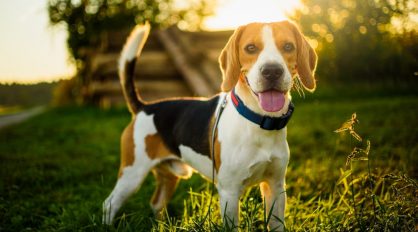
Desexing or neutering is a routine surgical procedure that is performed on our pets. There is a variety of benefits to desexing your pet, including preventing unwanted litters,
reducing the risk of a number of different health concerns as they age and assisting in the management of some behavioural problems. Desexing is the most frequent surgery performed by our vets and involves a day stay at the clinic. Your pet will be home on the evening of surgery.
Discussion of the ideal time to desex your pet is an individual conversation that needs to be had with your veterinarian. It takes into account your pet’s breed, age, sex and the needs and limitations of your family.
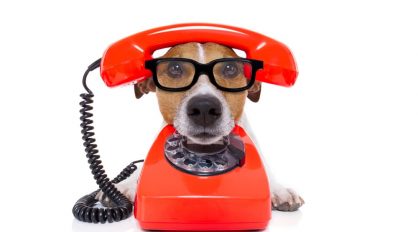
We hope your pet never needs us in the event of an emergency. However, emergencies–relating to car accidents, heart conditions, poisoning, etc.–are more common than you may think.
If your pet ever has an emergency, please call the clinic and speak to one of our highly trained staff.
Upon arrival, your pet will be assessed by one of our veterinarians. We will aim to provide an estimate of the costs involved with your case. However, please be aware that with emergency procedures, costs can vary depending on what services and treatments are required. Our veterinarians will keep you updated regularly during the course of your pet’s stay in hospital. In some cases, we may need to refer to a veterinary specialist centre or 24-hour emergency facility.
Please contact us to discuss our emergency arrangements. It’s always nice to know this information before you actually need it.
In case of an emergency when we are not open, please call:
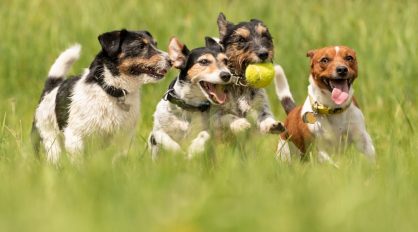
Orthopaedic surgery encompasses any surgery that is related to bones or joints, including fracture and ligament repairs. Our practice has a fully equipped surgical suite that allows us
to perform a variety of orthopaedic procedures.
These include:
Complicated orthopaedic cases, such as spinal surgery, will need to be referred to a specialist orthopaedic surgeon. Our veterinarians will assess each case individually and provide the best advice for you and your pet.
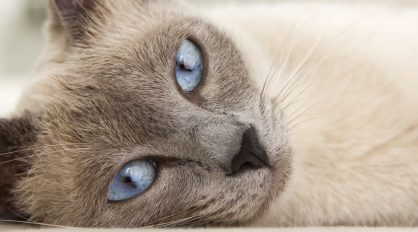
Soft tissue surgery encompasses any surgery that is not related to bones. It includes procedures such as desexing, exploratory laparotomies, caesareans, lump removals, biopsies, wound stitch-ups, and removal of intestinal foreign bodies.
Contact our friendly team to book an appointment!
Monday
Tuesday
Wednesday
Thursday
Friday
Saturday
Sunday
9:00am – 5:00pm
9:00am – 5:00pm
9:00am – 5:00pm
9:00am – 5:00pm
9:00am – 5:00pm
By Appointment
Closed
Animal Referral and Emergency Centre: 1300 838 669
Native Animal Emergencies: 0418 628 483